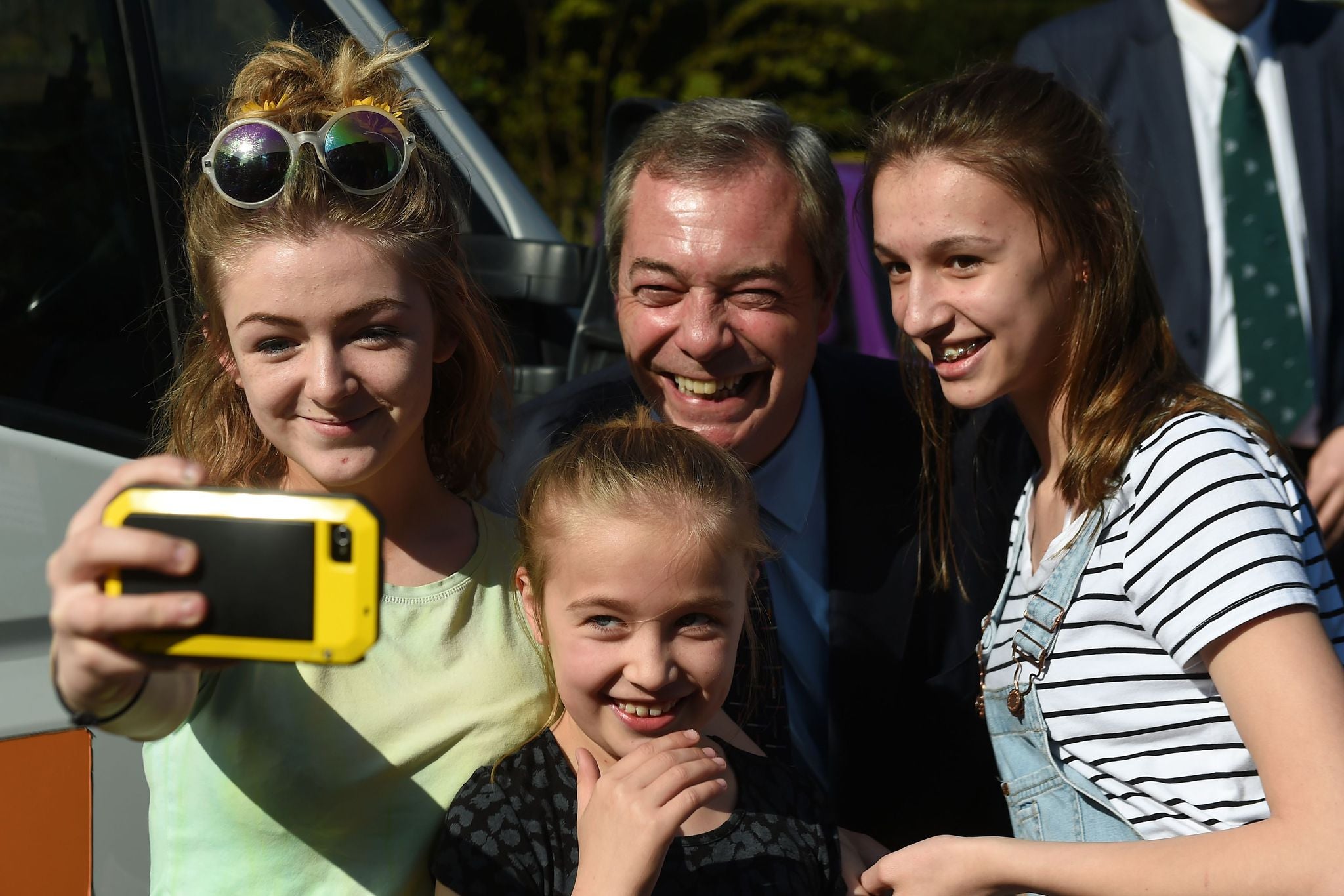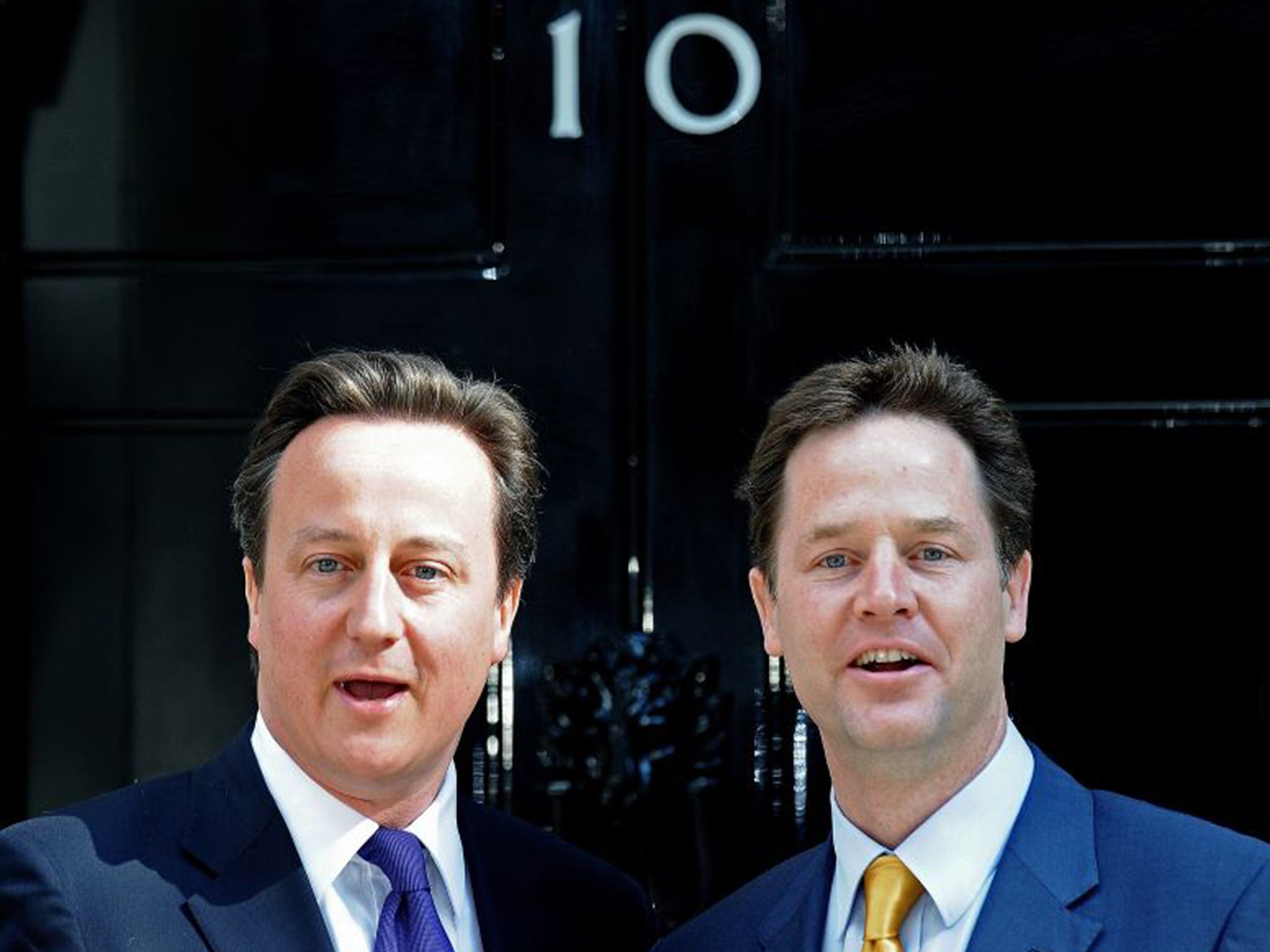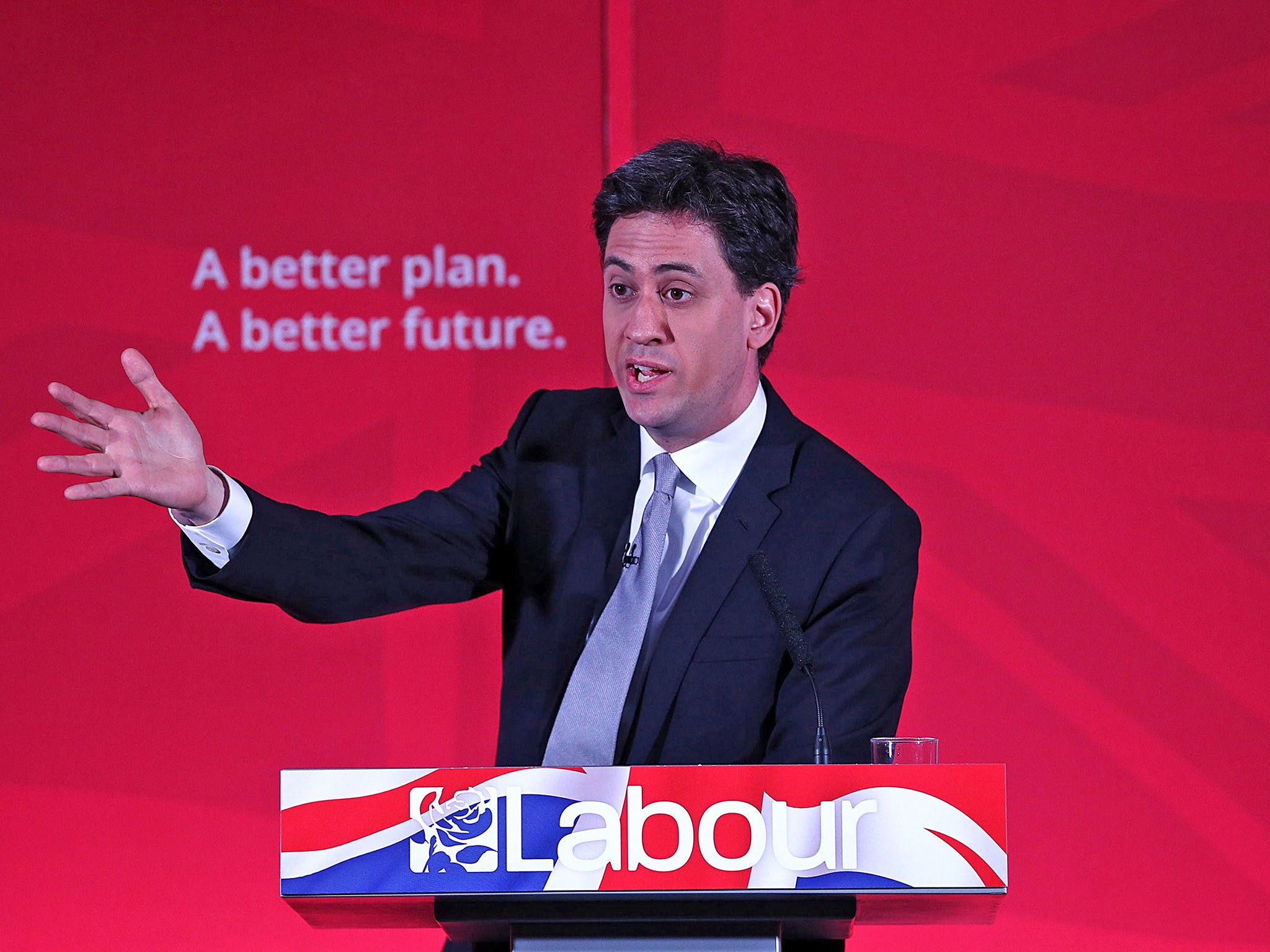General Election 2015: This is the most stage-managed campaign I have covered in 30 years
Inside Westminster

This is the most stage-managed of the eight general elections I have covered since I moved to the Westminster village in 1982. When I joined David Cameron on his 750-mile tour of the UK’s four nations on 7 April, he met polite employees at three carefully-vetted workplaces – a financial services company, a TV studio and a brewery – but not any ordinary voters.
His tour ended with a rally of Conservatives activists in a giant barn in Cornwall. Anyone watching the TV news would never have known that the cheering, placard-waving crowd occupied just a tiny corner of an otherwise empty building.
Like the Tories, Labour is very protective of its leader. Media access is restricted and carefully controlled. Nothing is left to chance. It is all about getting the right TV pictures, and avoiding an embarrassing confrontation with voters that would spread like wildfire on social media and displace nice shots on the news bulletins.
True, security is an issue, especially for the Prime Minister. But I think the parties sometimes hide behind it. On the campaign trail, candid party officials confessed to me that they could not afford a “Sharon Storer” or “Gillian Duffy” moment. Ms Storer ambushed Tony Blair outside a Birmingham hospital in 200l. Ms Duffy was branded a “bigoted woman” by Gordon Brown after telling him she was worried about immigration in 2010.
Nick Clegg was heckled by anti-austerity protesters when he visited Kingston in London. But his team takes no chances. It made sure he was greeted by 30 local Liberal Democrat members when he arrived in Mid Dorset and North Poole on 9 April. They even rehearsed his “arrival” three times to get the cheering right.

The honourable exception is Ukip, which tries to make a virtue out of its shambolic campaign, saying this proves it is not like the other parties. “People like a bit of chaos,” one insider claimed. Spin doctors in other parties will laugh out loud.
Unfortunately, the campaign is unlikely to become any more open or honest when the parties unveil their manifestos in the coming days. Take the issue of tax, which will loom large.
The Tories and Lib Dems will both trumpet a manifesto pledge to raise the personal allowance from £10,600 to £12,500 a year by 2020 as a boost for people on low incomes. But if politicians really wanted to help that group, they would raise the £8,060-a-year threshold for paying national insurance (NI) contributions (at a rate of 12 per cent). Tory sources tell me the party road-tested the idea with the public, but found that many people barely know they pay it, and so would not regard it as a tax cut if it were reduced. Similarly, Labour will hail its plan to bring in a 10p starting rate of tax, but it would probably cover only a tiny slice of income—and the party has not disclosed how much.

Gavin Kelly, chief executive of the Resolution Foundation think tank, said: “All the main parties are signed up to tax cuts that are misleadingly sold as being targeted at the low paid. In fact, more than 5m of the lowest paid workers won’t gain a penny from these proposals, and three-quarters of the gains will go the richest half of households.”
He argued that a better way to help the low paid would be to raise the work allowances in Universal Credit, which is merging six working age benefits. Again, that would be opaque, so it probably won’t happen. “If they want to cut taxes for as many workers as possible, raising the NI threshold would be a fairer and smarter alternative, particularly for the 1.2m workers who, contrary to the claim they’ve been ‘taken out of tax altogether’, are still paying NI contributions,” said Mr Kelly.
Nor are the parties being honest with voters about the post-election spending cuts needed to balance the nation’s books. I suspect the manifesto launches will show that our politicians are keener to talk about goodies for voters than spell out the detail of the £30bn of cuts to which they are committed.
The battle of the manifestos will be an important moment in the campaign. With 26 days to go, Labour tails are up after two mistakes by the Tories in the past week. When Ed Miliband promised to abolish non-dom status, which allows foreigners not to pay UK tax on their overseas earnings, the Tories allowed themselves to be portrayed as defending their rich friends.
To change the music, they ramped up their language in an already planned attack on Mr Miliband over the Trident nuclear weapons system. Michael Fallon, the Defence Secretary, went over the top. The Tories were quite happy to for the media to spend a day focusing on Mr Miliband’s leadership rather than non-doms. But the highly personal nature of the attack backfired. Some Tory candidates fear it will alienate women voters. “We over-egged the pudding,” admitted one senior Tory standing for re-election.
So in the space of two days, the Tories managed to advertise their two main weaknesses – being seen as a “party of the rich” and a “nasty party” –rather than play to their two undoubted strengths – Mr Cameron and economic competence. The Tories need a new songsheet, and soon.
The Independent has got together with May2015.com to produce a poll of polls that produces the most up-to-date data in as close to real time as is possible.
Click the buttons below to explore how the main parties' fortunes have changed:
All data, polls and graphics are courtesy of May2015.com. Click through for daily analysis, in-depth features and all the data you need. (All historical data used is provided by UK Polling Report)
Join our commenting forum
Join thought-provoking conversations, follow other Independent readers and see their replies
Comments